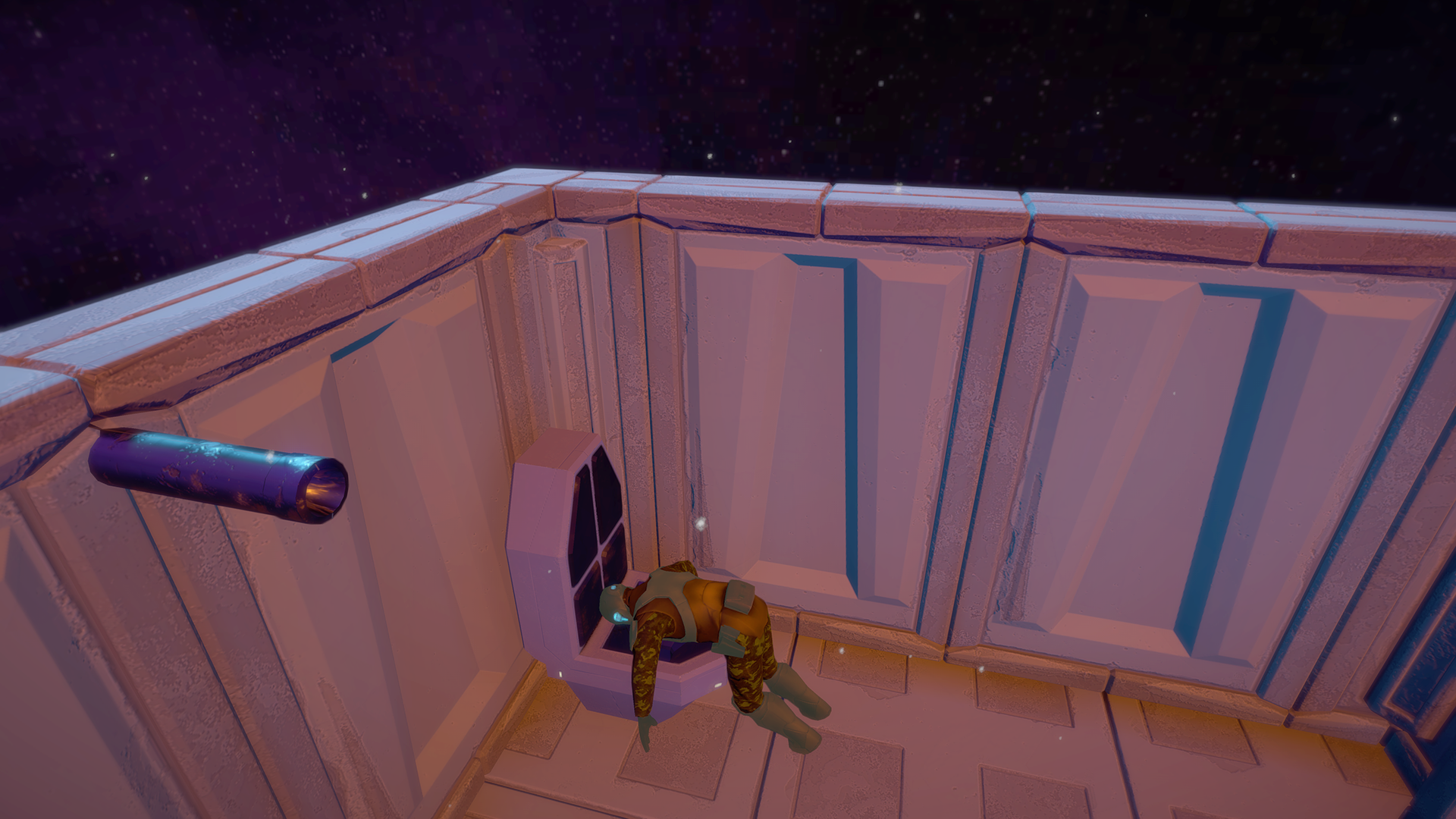
It has been around a month since I launched Retool and I thought now would be a good time to create a post-mortem on what went right, what went wrong, and what the future holds for Hut 90. So let’s get this started.
What Went Right
So let’s get started with the positives. The most important thing (for me personally) was that I managed to release a game. That by itself is a big achievement, an achievement that some developers still aim to achieve. It took me a bit longer than I originally anticipated to release the game, but that was due to my inexperience.
Another positive during the development was that I stayed within the budget I set. When I started Retool, I gave myself a small budget to get all the models, music and promotional art for the game. I managed to do this all under the budget.
One of the most important positives with Retool was that I managed to keep myself healthy. I went to the gym and ate healthy every day. Keeping me healthy was a big deal, as it allowed me to keep working on Retool every day.
What Went Wrong
Lack of experience was definitely one of the biggest negative with Retool. Many things that I learned at the end, or after completing, Retool would have saved me months of time.
However, in my opinion, the biggest negative with Retool must be that my vision for the game was compromised. I had other people giving me ideas, I didn’t know how to say no, and I was easily influenced by what they were saying. Putting those three flaws together led to me creating a game that did not follow my original vision.
This leads me to my next negative, choosing the wrong people to work with. Some of the freelancers I hired were not helpful at all. They were telling me things that I thought would benefit the game, but in reality, they were making their workload easier. Would I ever work with them again? No. Am I going to say mention their names? No.
Some of the freelancers also took a lot longer to complete their work. But this was not their fault, it was mine. I never set deadlines. This is a lesson learned for next time. No matter what, always set deadlines. Not setting deadlines pushed my release date back for Retool by at least 3 months.
You can tell I am not the best storyteller by looking at the story in Retool (or my blog posts). I should have decided early on to either not put a story in the game or bring on a professional writer for Retool. I did neither of them actions, which in the end made the game worse.
The last negatives were testing and marketing. I should have done more testing, and not just with friends. I tested the game near the beginning of development and near the end of development. I did not do much testing done during the development. This was due to the lack of exposure of my game because of my marketing. Because not many people knew about the game, meant that not many played the game during development. This led to not many testing opportunities for the game. I did market the game consistently, week in week out. It just wasn’t interesting enough for others to look at.
Should You Make Indie Games
Yes. Just because my game did not do as well as I wanted it to do, does not mean there is an indiepocalypse. It just means my game was not good enough. It means you should learn from my mistakes and make a better game. Also, remember your first 10-100 games are going to suck.
Conclusion
In conclusion, Retool didn’t sell as well as I expected but I always planned for this. I never expected it to be a hit game so I made sure I was financially stable to create a second game. In addition, everything I learned during Retool will help me a lot with my second game.
I also found hiring freelancers a lot better the second time around as I set them deadlines, which they met, and they did not try to compromise the vision for my game.
Overall, it was a great experience that should make my second game 1000% better than Retool. This doesn’t mean Retool was a bad game in my eyes, it means it could have been a better game for the gamers.
